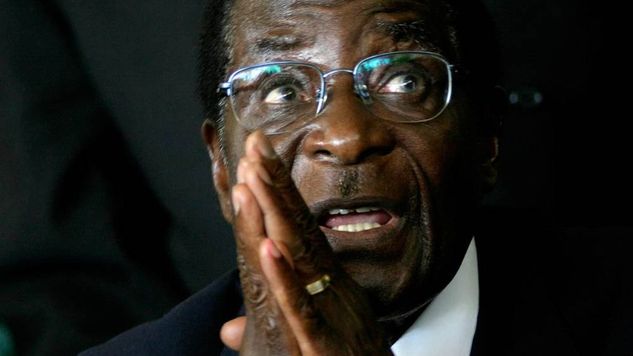
PRESIDENT Robert Mugabe was left with no choice but to recognise Bishop Chad Gandiya as the legitimate leader of the Anglican Church in Harare after years of tacit approval of renegade ex-communicated bishop Nolbert Kunonga.
BY RICHARD CHIDZA
On November 19, 2011, the Supreme Court ruled Kunonga was no longer a member of the Church of the Province of Central Africa (CPCA) and immediately vested control of Harare Diocese in Gandiya, bringing to a close a five-year acrimonious battle.
Government had, in the wrangle, weighed in behind Kunonga.
However, in a sign of the end of hostilities early this week, Mugabe met Anglican Archbishop of Canterbury, Justin Welby, and Gandiya for the first time since the end of what local Anglicans have come to know as “our years in exile”.
Gandiya told NewsDay yesterday that relations between government and the church had become cordial since the judgment.
“Everybody had no choice, but to go with the judgment. People knew who the legitimate leadership was, but maybe wanted the legal route to be exhausted or take its natural course,” he said. “The relationship with government has been good since the High Court ruled in our favour. We have not been harassed and have been able to go about our spiritual as well as developmental activities without being molested.”
- Chamisa under fire over US$120K donation
- Mavhunga puts DeMbare into Chibuku quarterfinals
- Pension funds bet on Cabora Bassa oilfields
- Councils defy govt fire tender directive
Keep Reading
After the meeting with Mugabe, Welby said they had discussed a broad range of issues, including the past.
“We talked about the past in Zimbabwe, the mistakes that have been made, the breakdown of the relationship from time to time and we ended with prayer for the future of the country,” Welby said.
At the height of the disagreements between Gandiya and Kunonga, police were used in violent clashes against the CPCA head’s group, with the excommunicated clergyman enjoying political support as well.
Kunonga has since formed his own church in the aftermath of the wrangle.
In early 2011, Mugabe also met Welby’s predecessor, Rowan Williams, who implored him to use his power to bring the “persecution of Anglicans” to an end.
“It was a very candid meeting, disagreement was expressed clearly, but I think in a peaceable manner,” Williams said then.
“We have asked him that he use his powers as Head of State to guarantee the security of those of his citizens who worship with the Anglican Church and put an end to unacceptable and illegal behaviour.”
Mugabe also received a dossier detailing the abuse of Zimbabwe’s Anglicans at the time and “expressed shock”, but also took time to lecture Williams on British meddling in the country’s politics.
Their persecution and internal fights stemmed from a rupture in the Anglican Church following Kunonga’s sacking in 2008 by the CPCA for preaching partisan politics.
Kunonga did not accept his excommunication and went on to forcibly occupy CPCA properties until the Supreme Court ordered him out.








